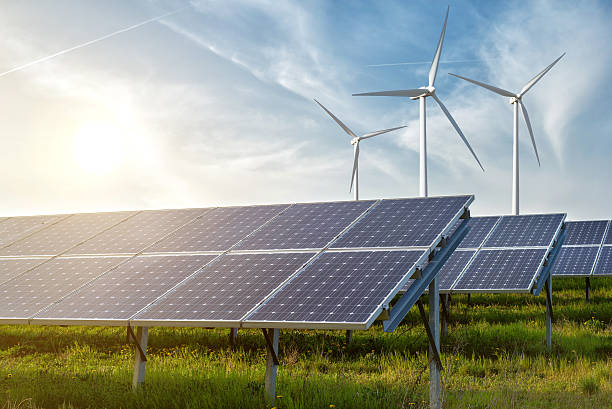
FAQ About Clean Energy
Clean Energy
2 years ago | gizem
What role do electric vehicles play in clean energy adoption?
Electric vehicles (EVs) play a crucial role in clean energy adoption by promoting the integration of renewable energy into the transportation sector. As a cleaner alternative to internal combustion engine vehicles, EVs offer several benefits that support the transition to clean energy:
- Reduced Greenhouse Gas Emissions: EVs produce zero tailpipe emissions when powered by electricity from clean energy sources. By replacing conventional gasoline and diesel vehicles, EVs help reduce greenhouse gas emissions and combat climate change.
- Improved Air Quality: EVs contribute to improved air quality in urban areas, as they do not emit pollutants such as nitrogen oxides and particulate matter, which are harmful to human health.
- Increased Demand for Clean Energy: The widespread adoption of EVs increases electricity demand. This provides an opportunity to meet this increased demand with renewable energy sources, thus accelerating the development of clean energy infrastructure.
- Vehicle-to-Grid (V2G) Technology: EVs equipped with V2G capabilities can act as energy storage devices, allowing the grid to draw power from their batteries during peak demand periods and provide electricity back to the grid when needed. This enhances grid flexibility and supports the integration of variable renewable energy sources.
- Energy Synergies: The combination of EVs and renewable energy creates synergies, where renewable energy generation can match vehicle charging patterns. Charging EVs during times of high renewable energy output, such as sunny or windy days, further maximizes the use of clean energy.
- Energy Independence: Reducing dependence on fossil fuels in the transportation sector through EV adoption enhances energy security and reduces the impact of oil price fluctuations on the economy.
- Technological Advancements: The development and mass adoption of EVs drive advancements in battery technology and energy storage solutions, which can have broader applications beyond transportation.
- Economic Opportunities: The growth of the EV industry fosters economic opportunities and job creation in manufacturing, charging infrastructure deployment, and related sectors.
- Consumer Awareness: As EVs become more prevalent, they raise awareness about clean energy and sustainability, prompting individuals and businesses to consider other clean energy options.
- Policy Support: The adoption of EVs is often accompanied by supportive policies, such as incentives, rebates, and emissions regulations, which encourage a shift toward cleaner transportation and clean energy adoption.
